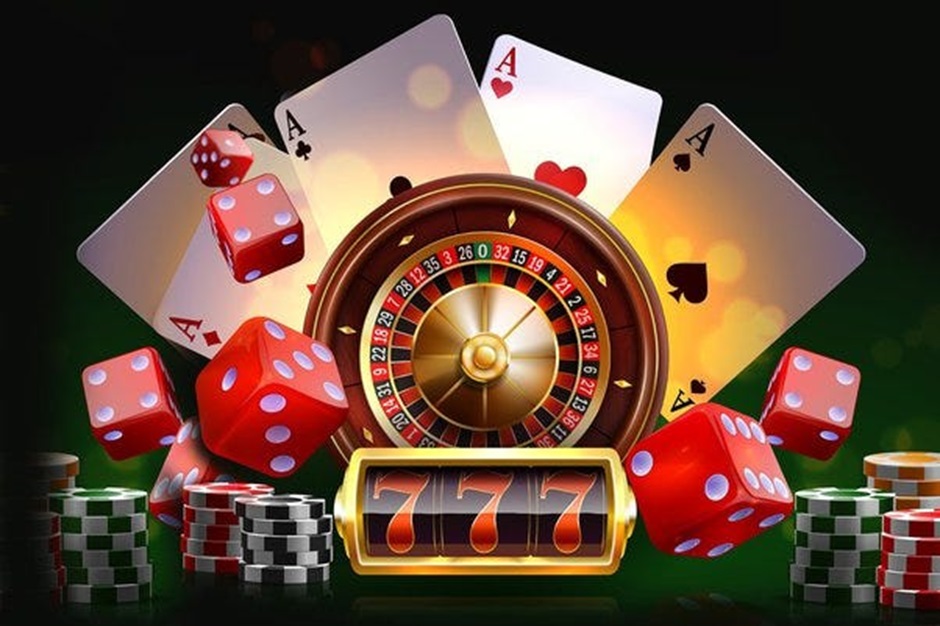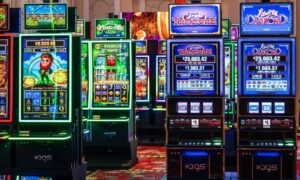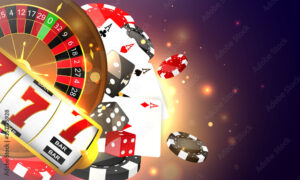I remember the first time I played poker online. It was a quiet evening, and I was itching for something to do. I’d played a few friendly home games with friends before, but the idea of sitting down at a virtual table, competing with strangers from around the world, felt both thrilling and intimidating. Little did I know that this would spark a journey full of lessons, challenges, and rewards.
-
The First Shuffle: My Introduction to Online Poker
I started small, finding a beginner-friendly site and depositing a modest amount. After a quick tutorial, I found myself in a low-stakes Texas Hold’em cash game. The interface felt strange at first—instead of reading people’s faces, I was now interpreting betting patterns and timing tells. My first session was a mix of excitement and confusion. I won a few hands, lost many more, but I was hooked.
As I delved deeper, I realized that online poker was a completely different beast from live poker. The pace was faster, the players were more varied, and the tools at my disposal were far more advanced than anything I’d imagined. It wasn’t just about the cards anymore; it was about strategy, discipline, and making the most of the digital tools available.
-
The Positives: Why Online Poker is Amazing
One of the biggest advantages of online poker is accessibility. Unlike live games, which require a trip to a casino or setting up a home game, online poker is available anytime, anywhere. Whether I had a spare 30 minutes or wanted to dive into a long tournament, there was always a game waiting for me.
Another major plus is the variety. Online platforms offer far more than just Texas Hold’em. I’ve played Omaha, Seven Card Stud, and even quirky formats like Zoom Poker, where you’re instantly moved to a new table after folding. This variety kept the experience fresh and helped me expand my poker knowledge.
Then there’s the wealth of learning opportunities. Many sites offer free play money games, allowing you to practice without risking real cash. On top of that, there are tutorials, forums, and even professional streams where you can observe and learn from seasoned players. I spent countless hours watching replays of top-level games, analyzing every move, and soaking up strategies like a sponge.
Lastly, online poker offers tools that can elevate your game. Trackers, heads-up displays (HUDs), and solvers provide insights into your play style and opponents’ tendencies. These tools transformed how I approached the game, turning it from a gut-feeling pastime into a calculated, data-driven challenge.
-
The Negatives: Where Online Poker Can Be Tricky
But it’s not all roses. Online poker has its downsides, and I learned many of these the hard way.
First, there’s the risk of overplaying. With games always available, it’s easy to lose track of time and money. I’ve had sessions where I told myself, “Just one more hand,” only to look up hours later and see my bankroll significantly lighter.
Then there’s the issue of anonymity. While it’s exciting to face off against players worldwide, the lack of physical interaction means you’re up against bots, multi-accounting, and collusion in some cases. Reputable sites have safeguards against this, but it’s a concern that’s unique to online play.
The emotional aspect is another challenge. Losing in online poker can feel impersonal and relentless. In a live game, a bad beat is followed by shared laughter or commiseration. Online, it’s just you and the screen. I’ve experienced tilt—a state of frustration that leads to poor decision-making—more times than I’d like to admit.
-
Tips and Tricks: What I’ve Learned
Over time, I’ve picked up some valuable lessons that I wish I’d known when I started:
- Start Small: Begin with low-stakes games to minimize your losses while you learn. Even if you’re confident in your skills, the online environment has a learning curve.
- Bankroll Management: Set a budget for your poker play and stick to it. Allocate only a portion of your bankroll for each session and resist the urge to chase losses.
- Understand Variance: Poker is a game of skill and luck. You can make all the right decisions and still lose. Accept this as part of the game and stay focused on the long-term.
- Use the Tools: Poker trackers and HUDs provide a wealth of information. For example, I use a HUD to monitor opponents’ aggression levels and tendencies, giving me a strategic edge.
- Study and Reflect: Review your hands after every session. I often replay key hands to analyze what I did right or wrong. There are also online forums and communities where you can discuss strategies and get feedback.
- Take Breaks: If you’re feeling frustrated or distracted, step away from the game. A clear mind is essential for making good decisions.
- Choose the Right Games: Some tables are filled with experienced players, while others are more casual. Find games that match your skill level to maximize your chances of success.
-
A Game-Changer: The Right Tools and Resources
One of the turning points in my online poker journey was discovering how much the right tools could improve my play. I stumbled upon https://www.pokerscore.co.uk, a site dedicated to finding the best poker solvers, trackers, and HUDs. This platform became my go-to resource for understanding which tools were worth investing in.
Poker solvers helped me understand the mathematically optimal plays in different situations. Trackers provided insights into my performance over time, highlighting trends and areas for improvement. HUDs gave me real-time data on opponents, helping me adapt my strategy on the fly. With these tools, I felt like I had a secret weapon at the table.
-
Final Thoughts: Why I Keep Coming Back
Playing poker online has been an incredible journey. It’s challenged me, frustrated me, and rewarded me in ways I never expected. The combination of strategy, skill, and a little bit of luck makes every session unique. While the road hasn’t been without its bumps, the lessons I’ve learned have made me a better player—and, in some ways, a more disciplined person.
If you’re thinking about diving into the world of online poker, my advice is to approach it with curiosity and caution. Take advantage of the resources available, like PokerScore, to find the best tools for your game. With the right mindset and preparation, online poker can be a thrilling and rewarding experience. Who knows? You might just find yourself as hooked as I was on that quiet evening when it all began.






More Stories
What are Kinds of Poker Bonus Provided by Poker Rooms?
Laptop Playing Console Games Or Gaming?
5 Benefits You May Enjoy by Playing Poker